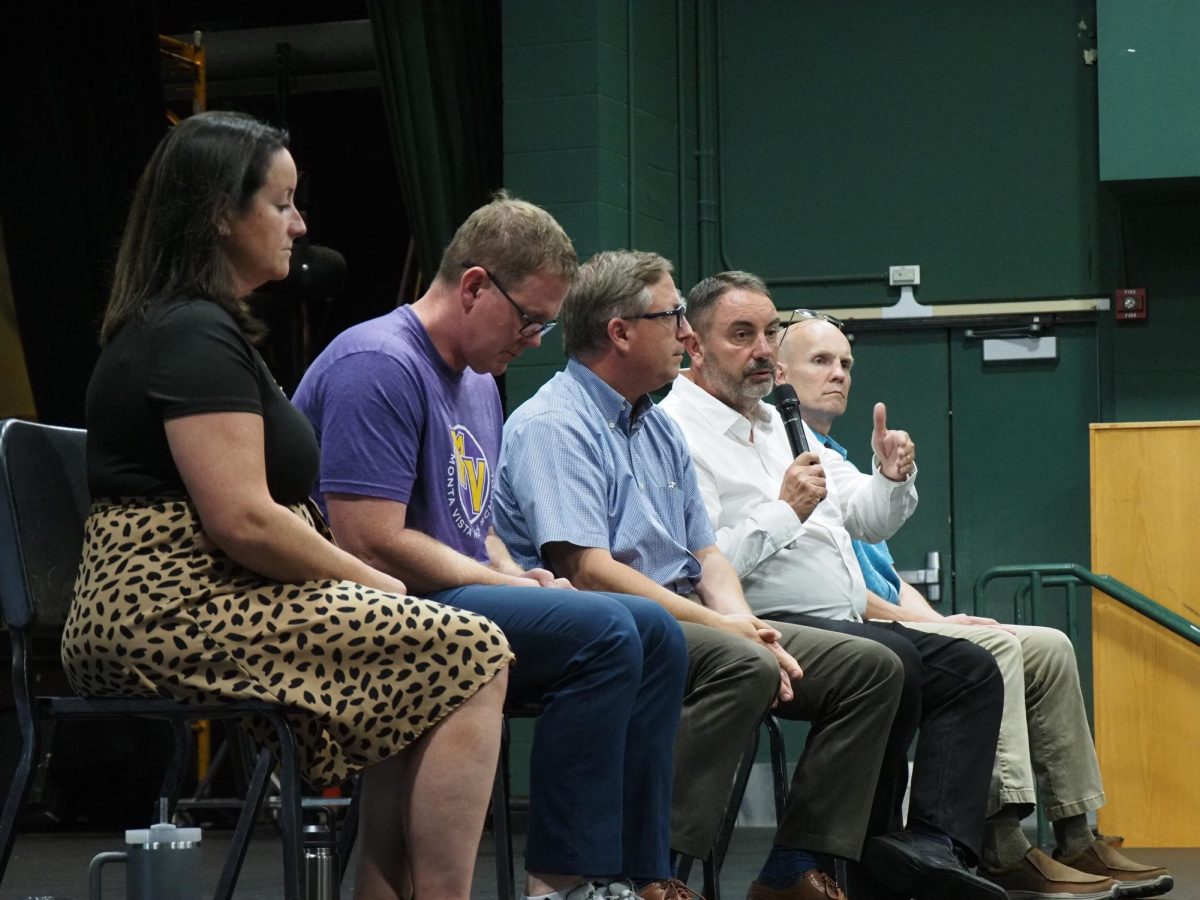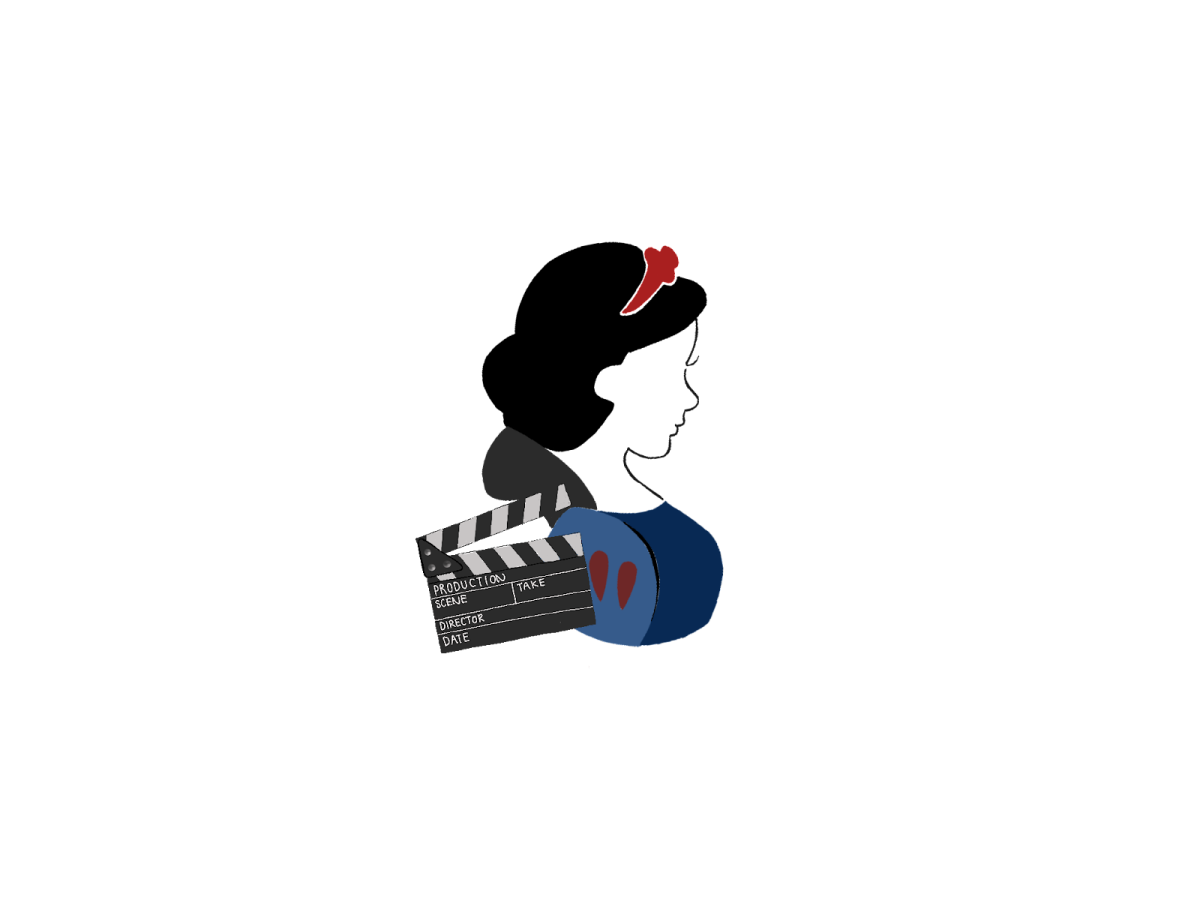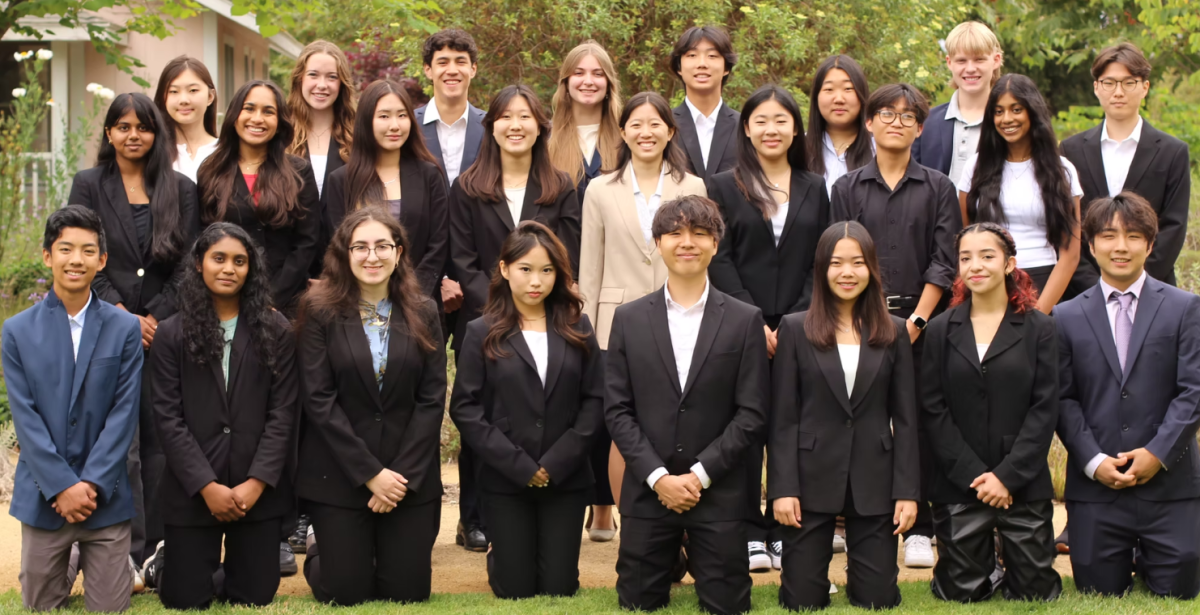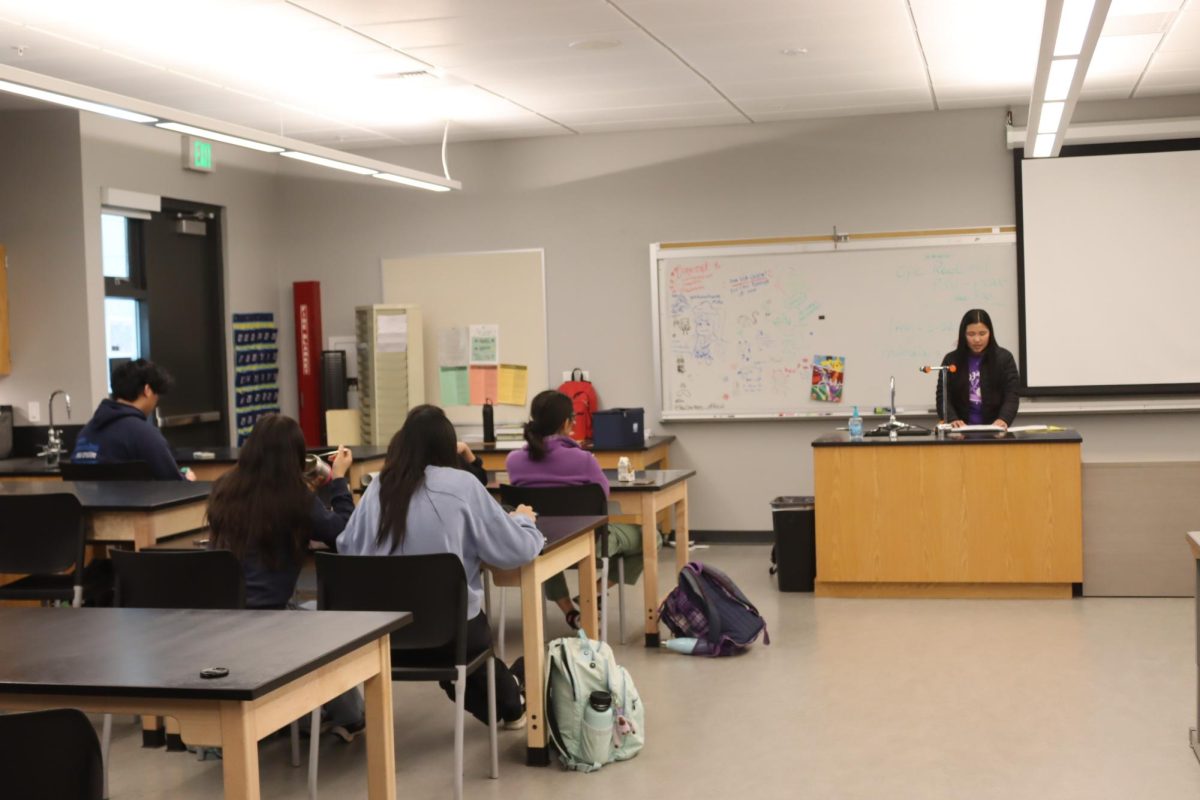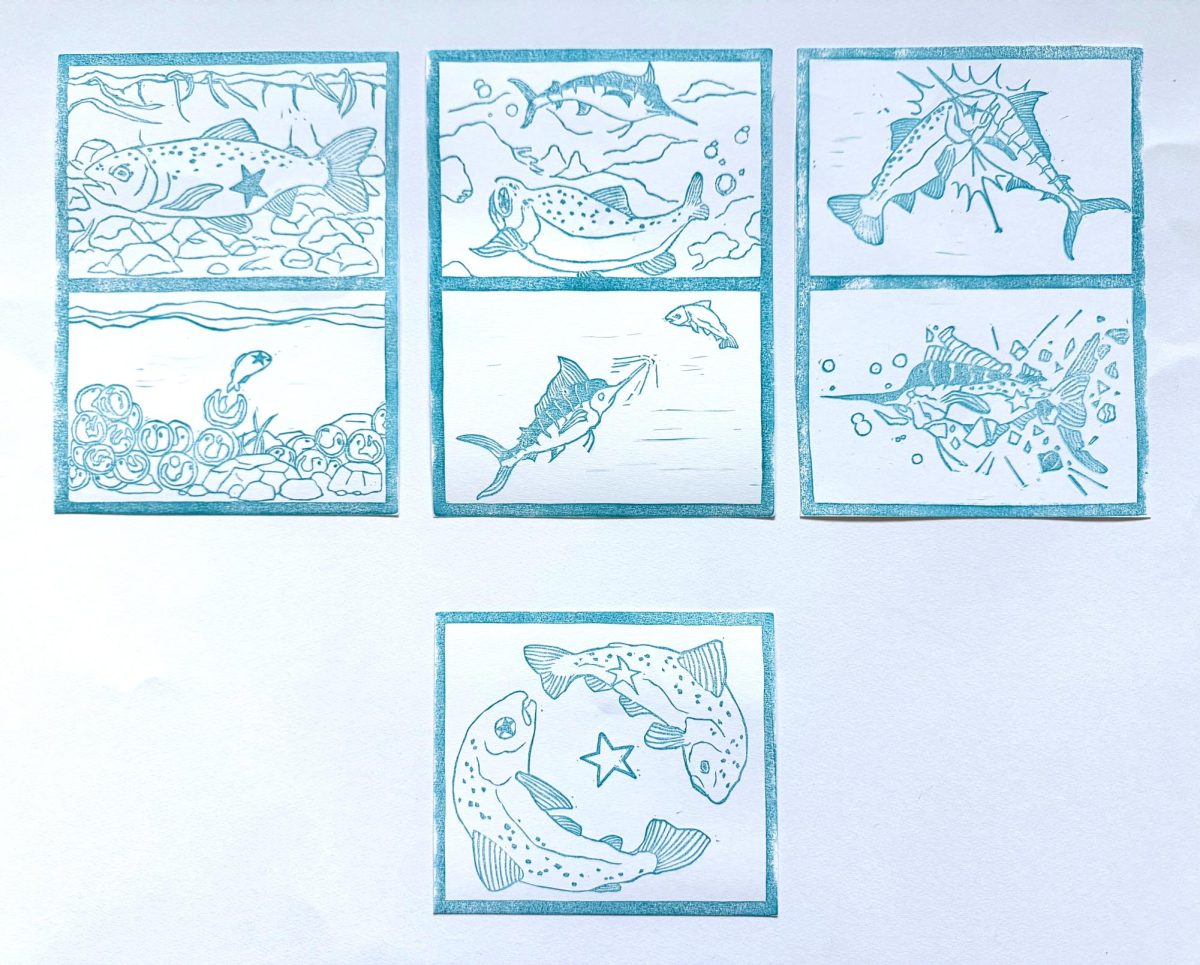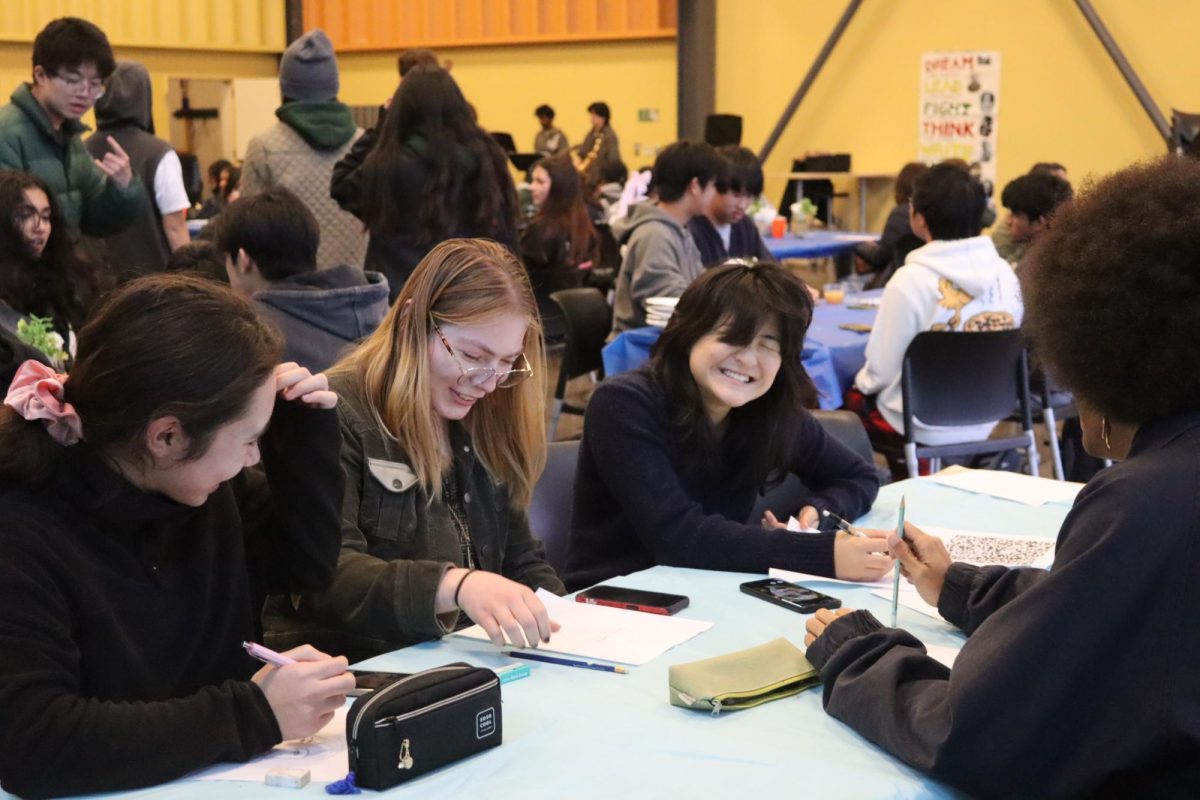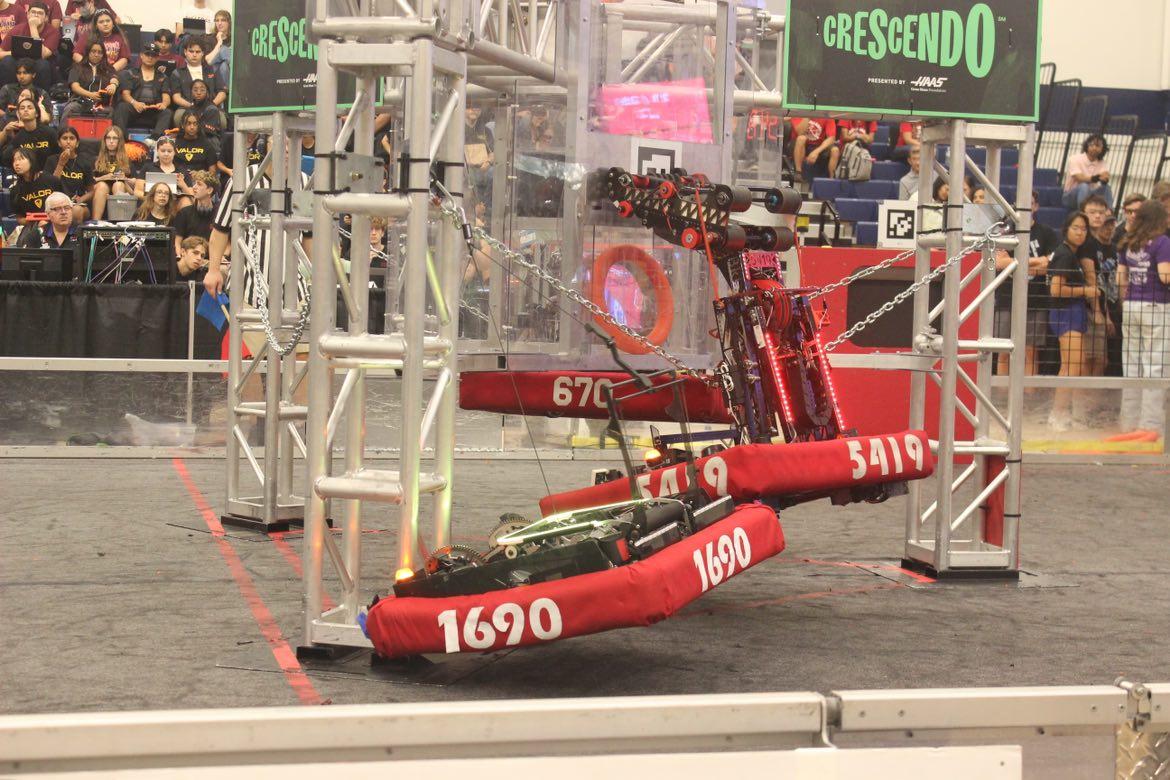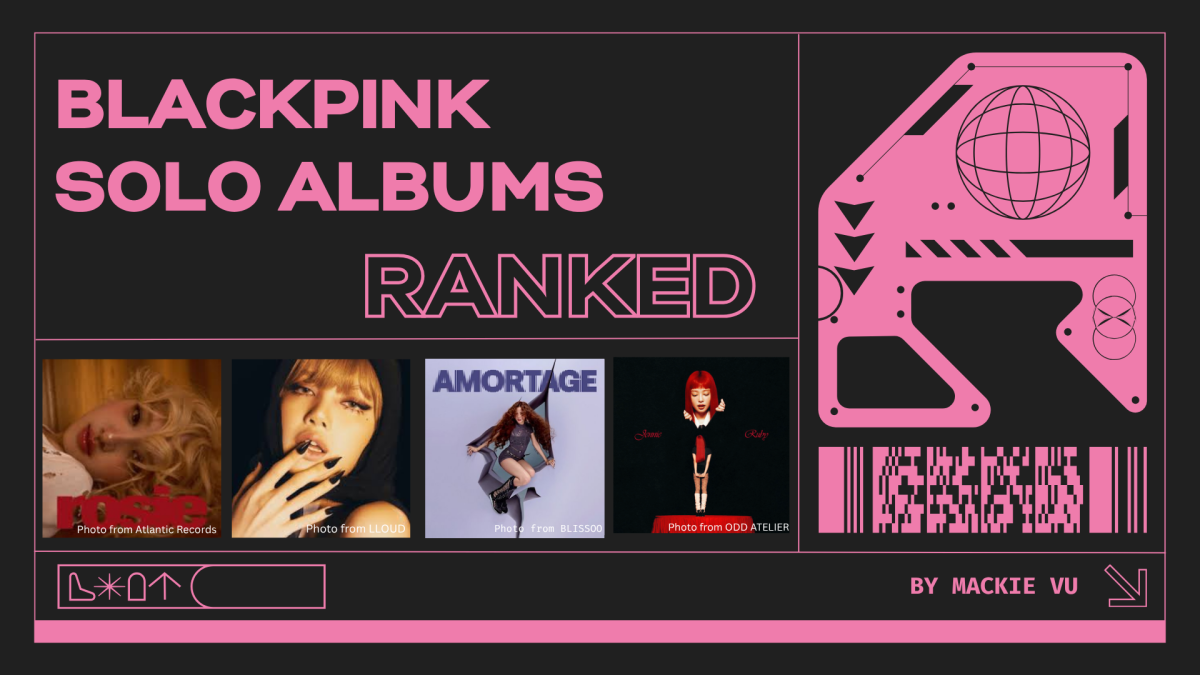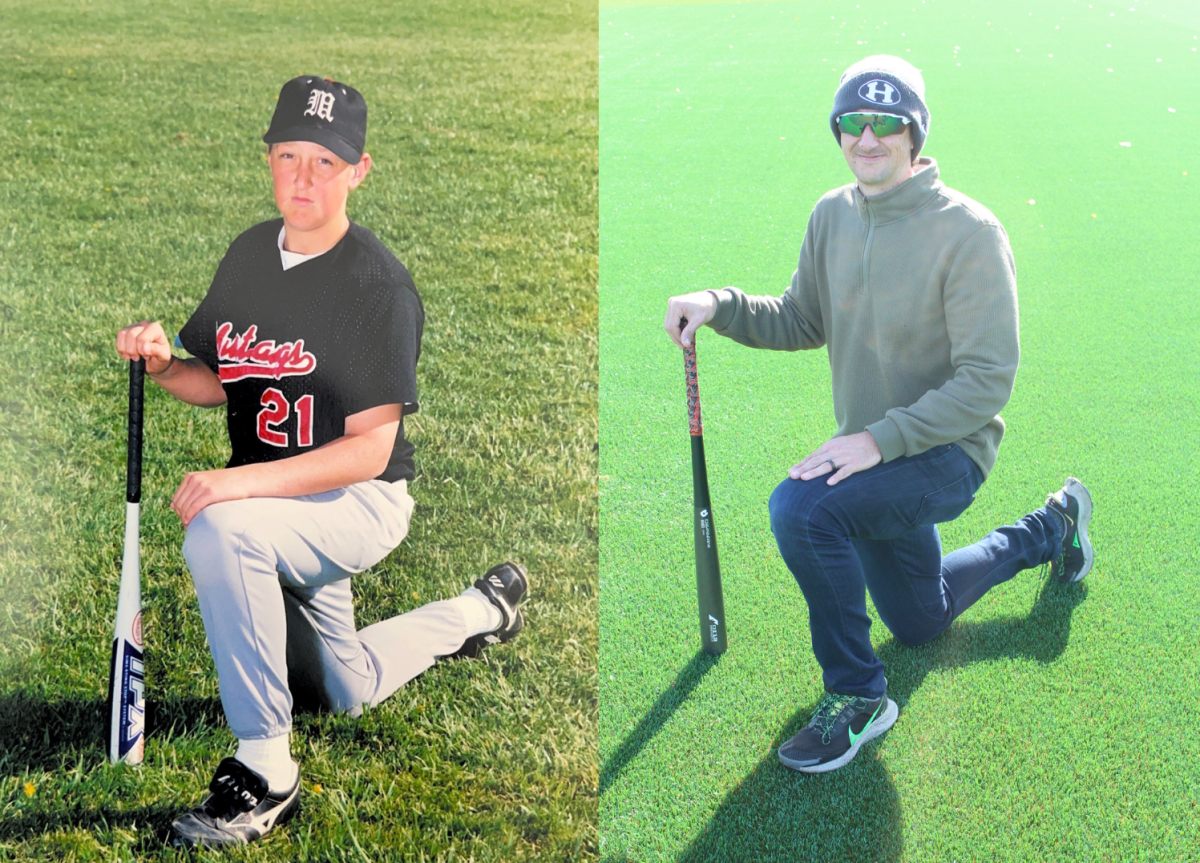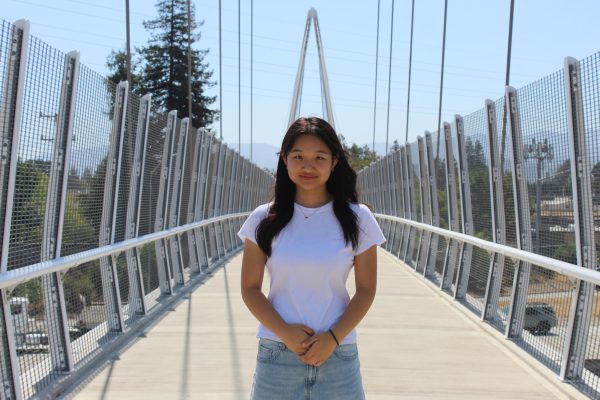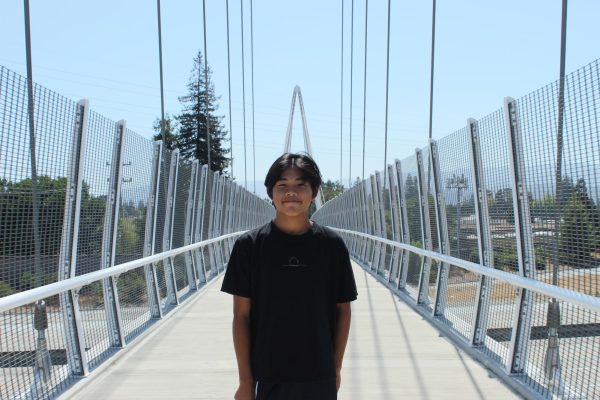Many classes on campus are ending the year with final projects instead of exams, including American studies, contemporary literature and AP computer science.
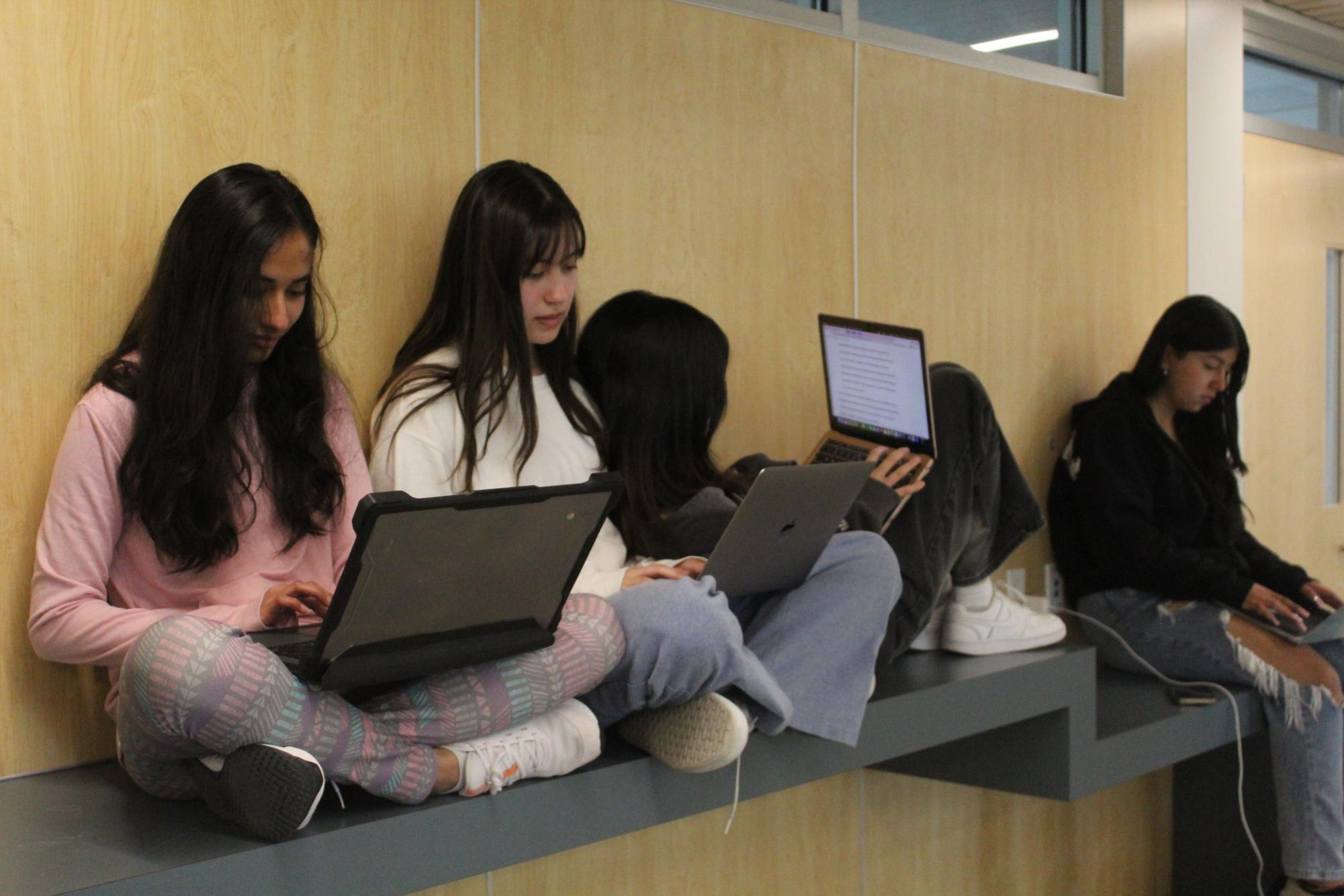
American studies: Dive
American studies works on the Dive project through the entire second semester, American studies student, junior Elizabeth Thornburg said. Thornburg said Dive is a research project that requires students to complete a 10-15 page research paper and a 60-minute group presentation.
Thornburg said students like herself enjoy the freedom of choosing group members and topics because it allows for more creativity.
“[My group’s topic] is about fashion, how certain fashion styles help express yourself and how fast fashion workers are affected,” Thornburg said. “[We chose the topic] because we thought it’d be pretty cool to talk about fashion and we had some interests in the subtopics.”
Part of the presentation is an interactive activity, something Thornburg said she enjoyed planning since it enhanced the overall presentation.
“What we’re thinking of doing is some people are going to draw on little papers [that represent shirts,]” Thornburg said. “We want to prove how fast fashion is affecting sweatshop workers and how it is caused by other companies.”
Thornburg said if she could change Dive, she would make it two-thirds of the second semester instead of the entire semester.
“It’s a little long and makes the person worry about it the whole semester, but also it makes them procrastinate more on it,” Thornburg said. “So, it makes it feel boring to do sometimes and it’s hard to find motivation to do it. I’d say taking the whole semester to do it makes me feel like I just want to get it over with.”
Overall, Thornburg said she thinks her group’s efforts will be worth it in the end of the presentation.
“After all the work my group has done, and [since] we’ve been researching a lot, I think we will make a good final product and it’ll be a good presentation,” Thornburg said.
Contemporary literature: Tapestry
Literature teacher Megan Rupe said the Tapestry project is the final assignment for contemporary literature, requiring students to apply knowledge gained from works of writing to create a final presentation about who they are as a person.
Rupe said she does not find cumulative exams to be useful in evaluating the skills that have been taught to students in English, especially reading and writing.
Contemporary literature student, senior Swikriti Adhikari said she is planning to produce a video of her childhood for the project. In the video, she wants to highlight the similarities and differences between her life in Nepal versus America.
“This class not only focuses on who you are but also focuses on the outside world because we are about to step out [into the world] without any guidance,” Adhikari said. “This class [prepares] you for what to expect when you are out of the zone.”
Rupe hopes that through Tapestry, students leave with skills to cherish for the rest of their lives.
“My hope is that students have a stronger understanding of who they are, especially for seniors, as they’re going out into the next phase of their life,” Rupe said. “Having that understanding of their own identity, values [and] the people that matter to them helps them prioritize what they want after high school. I also hope that they come out of it with a deeper understanding of the people around them, a deeper sense of empathy for others and a feeling of connection with other human beings.”
AP computer science: Capstone
Programming teacher John Shelby said AP computer science is partaking in a final project. For the project, students assemble themselves into small groups and produce a program using Java.
“An exam has high stakes on a single day which especially sucks when it is the last day of the school year,” Shelby said. “So, it’s nice to have something you have greater control over [for] a longer period of time.”
AP computer science student, sophomore Yujun Lee said the collaboration between team members makes the work for the final project enjoyable.
“During the Capstone project, you have to explore different [Java concepts] that you didn’t learn in class, and that’s part of the learning,” Lee said. “Through that, you will also get better at programming.”
Overall, Shelby said he hopes students learn the larger design cycle of building a big program through the final project.
“In a regular class, things have to be segmented into units,” Shelby said. “But here, students are pulling together everything we’ve learned all year to see it to fruition: planning, making design docs, making a prototype, fine-tuning that prototype and presenting the whole thing.”





